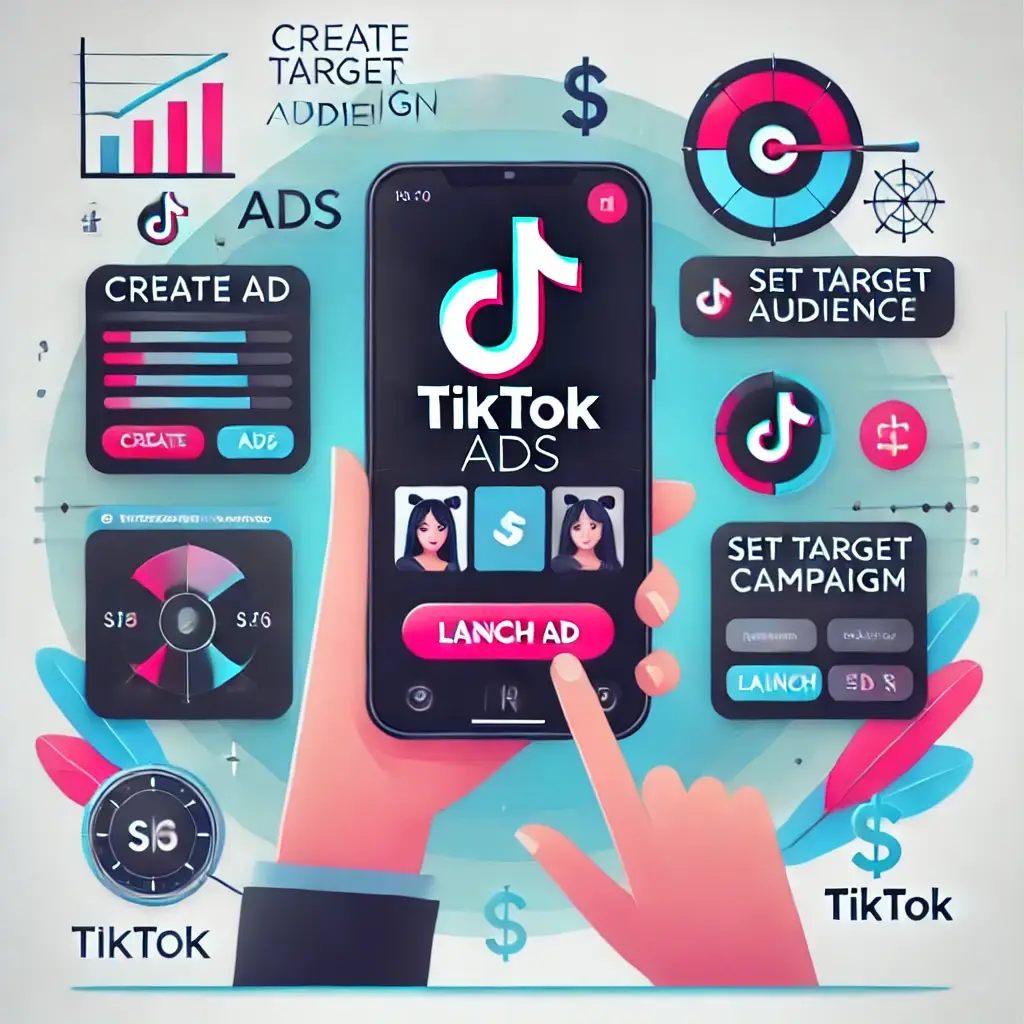Introduction
The tech industry has been experiencing an era of rapid innovation, with each year bringing new, transformative technologies that promise to reshape industries and society. From blockchain to artificial intelligence (AI), these cutting-edge innovations are revolutionizing the way we live, work, and interact with the world. In this article, we will explore the most exciting tech advancements to watch, including the evolution of blockchain, the rise of AI, and other breakthrough technologies that are set to change the landscape of the future.

Blockchain: The Backbone of Decentralized Innovation
Blockchain technology is one of the most significant innovations of the 21st century. Initially popularized by cryptocurrencies, blockchain’s potential extends far beyond digital currency. At its core, blockchain is a distributed ledger technology (DLT) that enables secure, transparent, and decentralized data storage. This revolutionary system allows for peer-to-peer transactions without the need for intermediaries, such as banks or government entities. As blockchain gains traction, industries from finance to healthcare are adopting blockchain solutions to increase efficiency, security, and transparency.
Blockchain’s impact is already evident in the rise of decentralized finance (DeFi), where blockchain enables peer-to-peer lending, borrowing, and trading of assets without relying on traditional financial institutions. Additionally, smart contracts—self-executing contracts with the terms of the agreement directly written into lines of code—are automating business processes, reducing costs, and eliminating the need for intermediaries.
Blockchain in Finance and Beyond
Blockchain’s application in the finance sector is just the beginning. The technology is being integrated into industries such as supply chain management, voting systems, healthcare, and intellectual property protection. The transparency and immutability of blockchain make it an ideal tool for tracking goods in supply chains, ensuring the integrity of votes in elections, and securing patient data in healthcare.
Artificial Intelligence: The Brainpower Behind the Future
Artificial intelligence is another transformative technology that is reshaping industries across the globe. AI refers to the creation of machines and systems that can perform tasks that typically require human intelligence. This includes activities like learning, reasoning, problem-solving, and decision-making. From AI algorithms to machine learning models, the evolution of AI is enabling businesses to automate processes, analyze vast amounts of data, and deliver personalized experiences to customers.
AI-Powered Automation
One of the most exciting aspects of AI is its ability to automate complex tasks. Machine learning and deep learning algorithms allow AI systems to learn from data and make predictions or decisions without explicit programming. For example, AI-powered chatbots can provide customer service, while machine learning models can optimize supply chain operations by predicting demand and identifying inefficiencies. As AI technology continues to evolve, it is expected to drive the future of work, with machines taking on more routine and mundane tasks, freeing up human workers for higher-level problem-solving and creativity.
The Intersection of Blockchain and AI: A Powerful Combination
While blockchain and AI are revolutionary technologies on their own, their combined potential is even more powerful. The integration of blockchain with AI can bring about new solutions for data privacy, security, and transparency. Blockchain’s decentralized nature can enhance AI systems by providing secure data storage and ensuring the integrity of the data used to train AI models.
Moreover, AI can be used to optimize blockchain networks by improving consensus algorithms, reducing energy consumption, and enabling faster transaction processing. This synergy between blockchain and AI is expected to lead to the development of more intelligent, secure, and efficient systems across various sectors, including finance, healthcare, and logistics.
As we look to the future, it’s clear that a host of other technologies will play significant roles in shaping the digital landscape. Among them are cloud computing, edge computing, and autonomous systems—all of which are poised to transform industries and everyday life in profound ways.
Cloud Computing: Powering the Digital Transformation
Cloud computing has revolutionized how businesses operate by providing scalable, flexible, and cost-effective solutions for data storage, software applications, and computing power. In the past, businesses had to invest heavily in physical infrastructure to support their IT needs. With cloud technology, companies can now access virtually unlimited computing resources without the need to own or maintain physical servers. The cloud has become a key enabler of digital transformation, allowing businesses to innovate faster, reduce costs, and scale effortlessly.
Cloud-based services also support other advanced technologies, such as AI, machine learning, and big data analytics, by providing the necessary infrastructure and computing power. With the rapid adoption of cloud technologies, companies are now able to leverage data in real-time, offering personalized services and enhancing customer experiences.
Edge Computing: Bringing Data Processing Closer to Home
Edge computing is the next step in the evolution of distributed computing. While cloud computing relies on centralized data centers, edge computing decentralizes data processing by bringing it closer to where the data is generated—at the “edge” of the network. This means data from IoT devices, smart sensors, and other connected systems can be processed locally, reducing the need for data to travel long distances to cloud servers. As a result, edge computing enables faster data processing, lower latency, and improved reliability, particularly in real-time applications.
The convergence of 5G networks and edge computing will accelerate the growth of industries such as autonomous vehicles, smart cities, and industrial IoT. For example, autonomous vehicles rely on split-second decisions made in real time, and edge computing allows them to process vast amounts of data locally—ensuring a smooth and safe driving experience. Similarly, smart city infrastructure can rely on edge computing to analyze traffic patterns, optimize energy usage, and improve public safety in real-time.
Autonomous Systems: A Future of Self-Sufficiency
The rise of autonomous systems—ranging from self-driving vehicles to autonomous drones—is a major development that could reshape many industries. Autonomous systems use a combination of sensors, machine learning algorithms, and AI to operate without human intervention. These technologies are being integrated into everything from transportation and logistics to agriculture and manufacturing.
In the automotive industry, self-driving cars are already being tested and deployed by major companies like Tesla, Waymo, and Uber. These vehicles use AI and machine learning to navigate traffic, avoid obstacles, and optimize routes without the need for human drivers. In addition to transforming the way we travel, autonomous vehicles have the potential to reduce accidents, improve traffic flow, and decrease carbon emissions by making transportation more efficient.
Autonomous drones are also making waves in industries like logistics, where they can deliver packages to remote areas quickly and efficiently. Drones can be programmed to fly autonomously, optimizing delivery routes in real time. In agriculture, drones are used to monitor crops, detect diseases, and even spray fertilizers, all without human intervention.
The Role of Blockchain in Enhancing Trust and Security
One of the key advantages of blockchain technology is its ability to enhance security and trust. Traditional systems often rely on central authorities to validate and secure transactions, but with blockchain, data is encrypted and stored across a decentralized network, making it virtually tamper-proof.
This level of security is especially important in industries like finance and healthcare, where protecting sensitive information is paramount. With blockchain, transactions and patient records can be securely stored, preventing fraud and ensuring that data remains accurate and unaltered. For example, blockchain can be used to track the provenance of pharmaceutical products, ensuring that drugs are authentic and have not been tampered with before reaching consumers.
Moreover, blockchain enables smart contracts, which are self-executing contracts where the terms of the agreement are directly written into code. These contracts automatically execute actions once certain conditions are met, reducing the need for intermediaries and improving the efficiency of processes. This is particularly useful in industries like real estate and supply chain management, where contracts can be executed automatically when certain conditions are met, such as the delivery of goods or payment for services.
The Power of Data: Big Data, Analytics, and Predictive Technologies
Another essential element of future technological developments is the vast amount of data being generated. The digital world is producing an unprecedented volume of data, and technologies like big data analytics, predictive analytics, and data-driven decision-making are enabling businesses to make sense of it all.
Big Data refers to the large volumes of data generated from various sources, such as social media, e-commerce platforms, IoT devices, and more. Analyzing this data can provide valuable insights into consumer behavior, market trends, and operational efficiency. With the help of machine learning algorithms and AI-powered data analytics, businesses can unlock new opportunities, enhance customer experiences, and predict future trends.
Predictive analytics, a subset of big data analytics, uses historical data and machine learning models to forecast future outcomes. This technology is particularly useful in industries like finance, where companies can predict market trends, assess risk, and make investment decisions. In healthcare, predictive analytics can help identify at-risk patients, enabling early interventions and more personalized care.
The Rise of Ethical and Responsible Tech
As technology continues to advance at a rapid pace, there is an increasing need to ensure that these innovations are used responsibly and ethically. Issues such as data privacy, bias in AI algorithms, and the environmental impact of technology are becoming central to discussions about the future of tech. Companies must prioritize ethical standards when developing new technologies and ensure that their innovations are aligned with societal values.
For example, AI systems can sometimes inherit biases from the data used to train them, leading to unfair outcomes. In response, many tech companies are working to develop fairer, more transparent AI algorithms and improve diversity in tech development teams. Similarly, the environmental impact of tech innovations, particularly in the areas of energy consumption and e-waste, is an important consideration for sustainable technology development.
Conclusion: The Future Is Now
The cutting-edge technologies we’ve explored in this article—ranging from blockchain and AI to quantum computing and autonomous systems—are not just the future of technology—they are the present. These innovations are already transforming industries, creating new opportunities, and improving lives. As they continue to evolve, we can expect even more profound changes in the way we work, communicate, and interact with the world around us.
The next wave of technological advancements will undoubtedly continue to challenge existing norms, creating new industries, opportunities, and challenges. For those who embrace these technologies, the future holds immense potential for innovation and growth. The key to success in this rapidly evolving world will be staying ahead of the curve, adopting the latest advancements, and ensuring that technology is harnessed for the greater good.
As we continue to explore the possibilities of blockchain, artificial intelligence, and other transformative technologies, the future of tech remains bright, exciting, and full of endless potential.

Mohsin Farooq – Founder & Chief Editor
The visionary behind WebNetworking, Mohsin has over 10 years of experience in digital media. As the Editor-in-Chief, he oversees content quality and editorial standards across the site. With more than 260,000+ articles published under his leadership, he ensures the platform stays accurate, accessible, and SEO-compliant.




